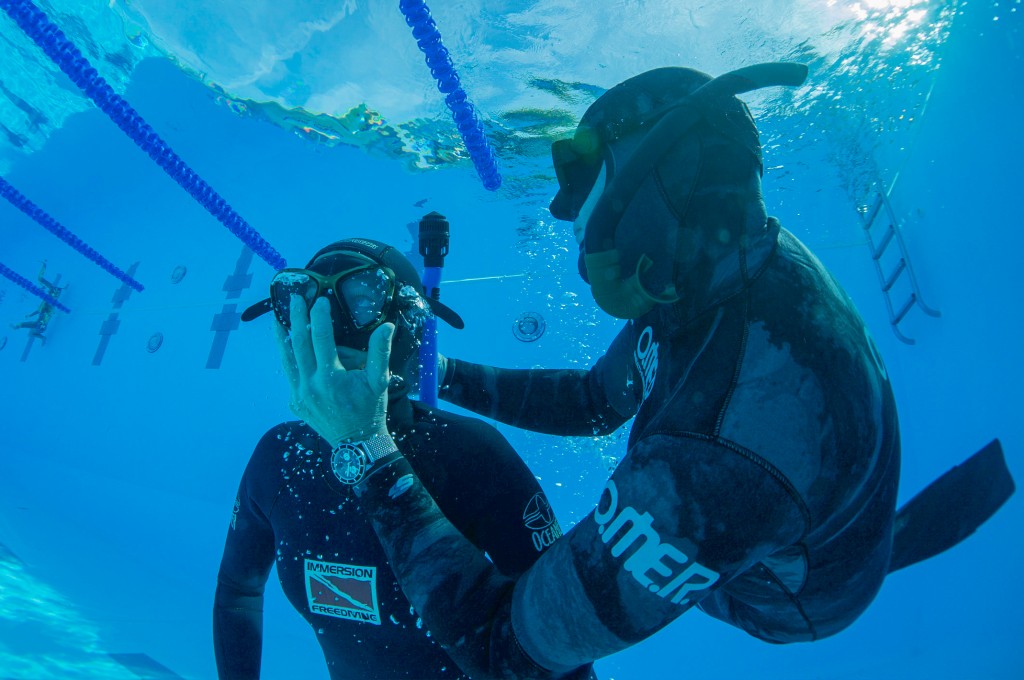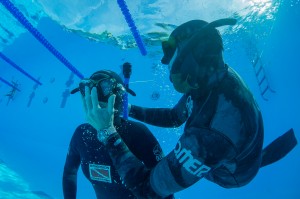Safety
Discover the truth about shallow water blackout and how to reduce your risk in just 90 minutes.
The "Golden Rule" of Freediving
You should under no circumstance dive alone! That goes for beginners and professionals.
Arguably one of the most dangerous oversights a diver can make.
Interested In Learning How to Freedive?
We always would recommend to learn freediving in person with a qualified instructor. You can take a look at our directory of schools and instructors. On our list you will find many options within the US and even a couple of US instructors teaching internationally.
If you have a school or are an instructor, and would like to be listed, please send us an email to see if you qualify.
If you can’t find a school nearby and dont have the opportunity to travel, you should take a look at Ted Hardy’s free safety course. Ted has been teaching freediving for over 16 years with a strong emphasis on freediving safety.

3 Fundamental Safety Principles

How to reduce your risk of a blackout
You will learn specific type of “recovery breaths” pioneered by Kirk Krack the founder of Performance Freediving.

How to rescue your buddy from a blackout
The most important skill you can learn as a freediver. If your buddy has a blackout you NEED to know what to do.

What is a stealth blackout?
You will learn that blackouts can come with out warning especially when coming up from a dive in the ocean.
Ways To Avoid Problems While Freediving
- Be properly equipped for the environment, duration, type and temperature of your freediving outing.
- Provide adequate time for proper warm up and adaptation to the environment.
- Never dive while feeling ill, uneasy, or overly tired. Pushing beyond your capabilities can only lead to trouble.
- Pursue formal training and educate yourself about freediving risks and hazards.
- Increase depth and time of dives cautiously and in conservative increments.
- Make working dives well within maximum capabilities. Training gains and greater capabilities should be viewed as increased safety margins and not as increases in working dive capabilities. Advancing working dive capabilities should be done cautiously and conservatively.
- Always equalize properly while freediving. You should never push deeper while diving hoping you can make your ears clear or thinking you just need to endure it. Permanent damage can result from such attempts. Best to take it easy so you can dive again tomorrow.
- Be properly weighted to provide positive buoyancy while on the surface.
- Never diver alone.
- Practice proper buddy procedures. You should never allow a diver to be unattended upon reaching the surface after a dive. You should never be out of arm’s reach of the diver at the surface.
